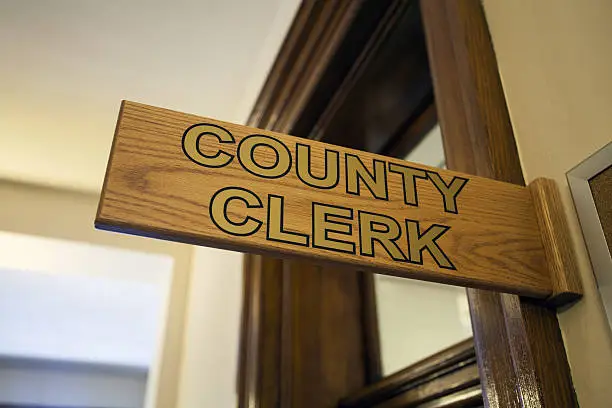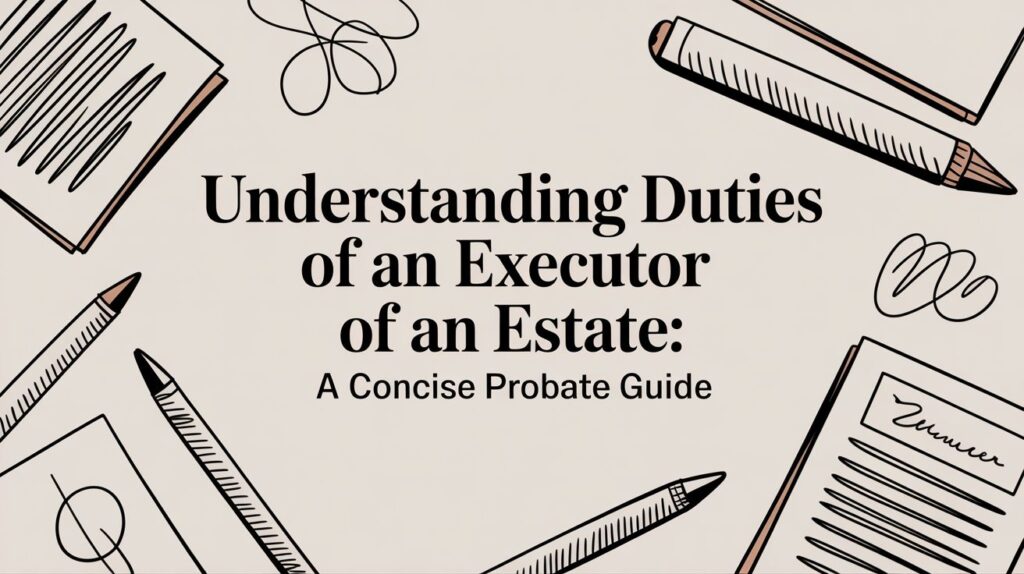Probating real estate can already be a complex task. However, when the property is located in different counties, it adds a whole new layer of complexity. In Texas, with its vast land and multiple jurisdictions, this is a common scenario that many executors, heirs, and families face. Understanding how to navigate this process is crucial to ensuring a smooth transition of ownership. This guide breaks down the probate process when dealing with real estate across multiple Texas counties, explaining the nuances, legal requirements, and best practices to make the journey easier.
Understanding the Basics of Probate in Texas
Before diving into the intricacies of probating real estate across multiple counties, it’s essential to have a foundational understanding of probate in Texas. Probate is the legal process by which a deceased person’s will is validated, and their estate is settled. This includes paying debts, taxes, and distributing assets, including real estate, to the rightful heirs.

In Texas, the probate process can be relatively streamlined if there is a valid will in place. However, if there isn’t one, or if the will is contested, it can become more complicated. Texas offers independent administration, which allows the executor to manage and distribute the estate without constant court supervision, but this can vary depending on the specific circumstances of the estate.
When Real Estate is Spread Across Multiple Counties
One of the more challenging aspects of probate comes when the decedent owned property in different counties. Each county in Texas has its own rules, tax systems, and legal requirements. So, how do you ensure that probate is handled correctly across various jurisdictions?
1. File Probate in the County of Residence
Texas law requires that probate be initiated in the county where the deceased resided at the time of their death. This becomes the primary county of probate. Once the probate process begins here, this court will oversee the administration of the estate, including real estate located outside this county.
2. Recording Probate in Other Counties (Ancillary Probate)
Once probate has been filed in the decedent’s county of residence, the next step is to record the will or probate order in each additional county where real estate is located. This process is known as “ancillary probate.”
In Texas, you are required to record the probate proceedings in each county where the decedent owned real estate. This means that a certified copy of the probate proceedings from the county of residence must be filed in every other county where the decedent’s property is located. This process provides public notice of the change in ownership and ensures that the local authorities are aware of the proceedings.
3. Dealing with Multiple County Clerks
Each county in Texas has its own county clerk’s office, which handles the recording of legal documents such as probate proceedings and deeds. To ensure that real estate in different counties is properly probated, you will need to work closely with the county clerk’s office in each respective county.
It’s important to:
- Obtain a certified copy of the will and probate order from the primary probate court.
- File these documents with the county clerk’s office in each county where the decedent owned real estate.
- Ensure that the property records in each county are updated to reflect the change in ownership following probate.
This step ensures that title to the property is clear, which is crucial if the real estate will be sold or transferred to heirs.

4. Understanding County-Specific Rules
While Texas probate laws are standardized across the state, each county may have slightly different administrative procedures. Some counties may require additional documentation or have different filing fees. For this reason, it’s critical to check with the county clerk’s office in each county to ensure that you are complying with local requirements.
Additionally, some counties may have electronic filing systems, while others may require in-person submissions or mailing. Knowing these details ahead of time will save you time and reduce the chances of unnecessary delays.
5. Property Taxes and County Appraisal Districts
Probating real estate across multiple counties also means dealing with multiple appraisal districts and tax authorities. Each county in Texas has its appraisal district that assesses property values and determines property taxes. When probating an estate with real estate in different counties, you will need to contact each county’s appraisal district to ensure that property taxes are current.
If property taxes are owed, they must be paid before the estate can be closed and the property transferred to heirs or sold. Unpaid property taxes can result in penalties, interest, or even foreclosure, so it’s essential to address this early in the probate process. In addition, if the decedent’s heirs wish to retain the property, they may need to reapply for any homestead or agricultural exemptions in each county where the property is located.
Common Challenges When Probating Across Multiple Counties
Probating real estate in multiple counties can present unique challenges. Some of the common issues that arise include:
1. Discrepancies in Property Records
In some cases, discrepancies may arise in property records from different counties. These discrepancies can be due to clerical errors, outdated records, or boundary disputes. If the decedent owned property for many years, the records may not accurately reflect the current state of the property.
To resolve these issues, you may need to work with a title company or real estate attorney to conduct a title search in each county. Clearing title issues is essential to ensure that the property can be transferred to heirs or sold without complications.
2. Delays in Filing
Depending on the workload of each county clerk’s office, there may be delays in processing probate filings. Some counties, especially smaller or rural ones, may have limited staff, resulting in longer wait times for document processing.
To avoid delays, it’s important to file documents as early as possible and follow up with the county clerk’s office to ensure that the paperwork is processed in a timely manner. Having a clear timeline and understanding potential delays in each county can help you manage expectations with heirs and beneficiaries.
3. Navigating Property Laws Specific to Each County

Although probate law is consistent across Texas, property laws and land use regulations may vary between counties. Some counties may have unique zoning regulations, restrictions on land use, or environmental concerns that must be addressed during probate.
For instance, if the decedent owned agricultural land in one county and residential property in another, different regulations may apply to each piece of real estate. Working with local professionals who are familiar with the county-specific regulations can help you navigate these challenges.
Working with Professionals to Streamline the Process
Probating an estate across multiple Texas counties can be complex, but you don’t have to navigate it alone. Working with professionals who understand the intricacies of probate and real estate can streamline the process and help you avoid costly mistakes.
Here are some professionals who can assist you:
- Probate Attorneys:. A probate attorney can guide you through the legal process. They also ensure that all necessary documents are filed correctly in each county.
- Real Estate Attorneys:. If there are title issues or discrepancies in property records, a real estate attorney can help resolve these matters.
- Title Companies:. A title company can conduct title searches and assist in clearing title issues before the property is transferred/sold.
- Appraisers:. If you need to establish the value of the decedent’s real estate, hiring a licensed appraiser can provide accurate valuations for properties.
- Accountants or Tax Advisors:. Given the complexities of managing property taxes across multiple counties, a tax professional can ensure that taxes are paid and exemptions are applied correctly.
Final Thoughts: Simplifying the Probate Process
While probating real estate across multiple Texas counties may seem daunting, a well-organized approach can make the process more manageable. By understanding the legal requirements, staying organized with documentation, and working with professionals, you can ensure that the estate is properly administered and that real estate is transferred to the rightful heirs or sold efficiently.
Each county may present its unique challenges. However, with the right tools and knowledge, you can navigate this process smoothly. Patience, diligence, and a proactive approach will help you manage the intricacies of probating real estate across multiple Texas counties. It’ll also bring peace of mind to both you and the estate’s beneficiaries.








